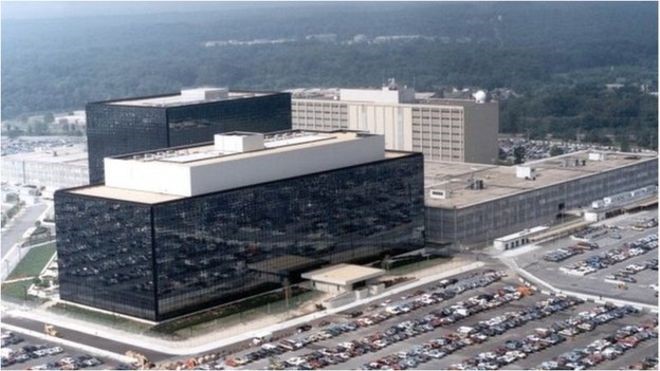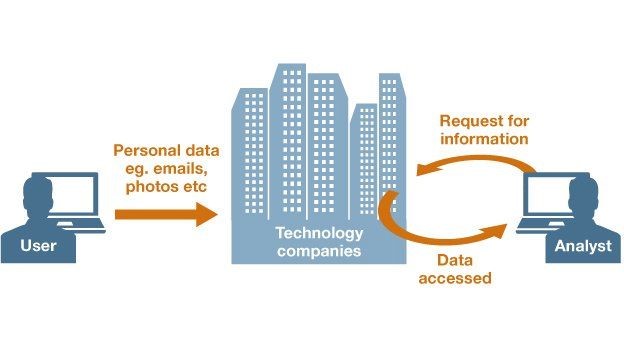
Privacy advocates rejoice for the US Court of Appeals has just ruled that the National Security Agency’s practice of collecting phone records en masse is illegal. Hoping to discern patterns amidst the noise and spot potential dangers, the NSA has collected customer data from mobile phone providers showcasing numbers dialed and the time of conversation, but not the content of the conversation.
“Indeed, the government’s information-gathering under the telephone metadata program is inconsistent with the very concept of an ‘investigation.’”
The lower court ruling came at a crucial period, three weeks before members of Congress have to decide whether to renew a key provision of the Patriot Act, the legislation responsible for expanding government intelligence post 9-11.
The NSA justified the basis for its actions by stretching the phrase “relevant to an authorized investigation,” to say that all telephones were relevant, because their records may someday be connected a future investigation.
“Put another way, the government effectively argues that there is only one enormous 'anti‐terrorism' investigation, and that any records that might ever be of use in developing any aspect of that investigation are relevant to the overall counterterrorism effort,” stated the opinion of the three judge panel.
They then added, “Indeed, the government’s information‐gathering under the telephone metadata program is inconsistent with the very concept of an 'investigation.'”
At the same time, new legislation seeks to reengineer and reintroduce the expiring provision under the guise that surveillance should continue for the good of national security sans the bulk data collection enabled by Section 215. The proposal will still permit the collection of metadata from every call made by anyone in the US, but it will now be stored by the phone companies themselves, and only be made available to the government if issued a warrant by the Foreign Intelligence Surveillance Act (FISA) Court.

While the debate continues to center on telephone records, Elizabeth Goitein, co-directer of the Brennan Center for Justice’s Liberty and National Security Program, argue that government surveillance is far broader in scope because Section 215 authorizes the collection of “any tangible thing.”
Goitein says government surveillance is far broader and more invasive because Section 215 authorizes the collection of any “tangible thing.”
Source: Alijazeera
Advertisement
Learn more about Electronic Products Magazine





